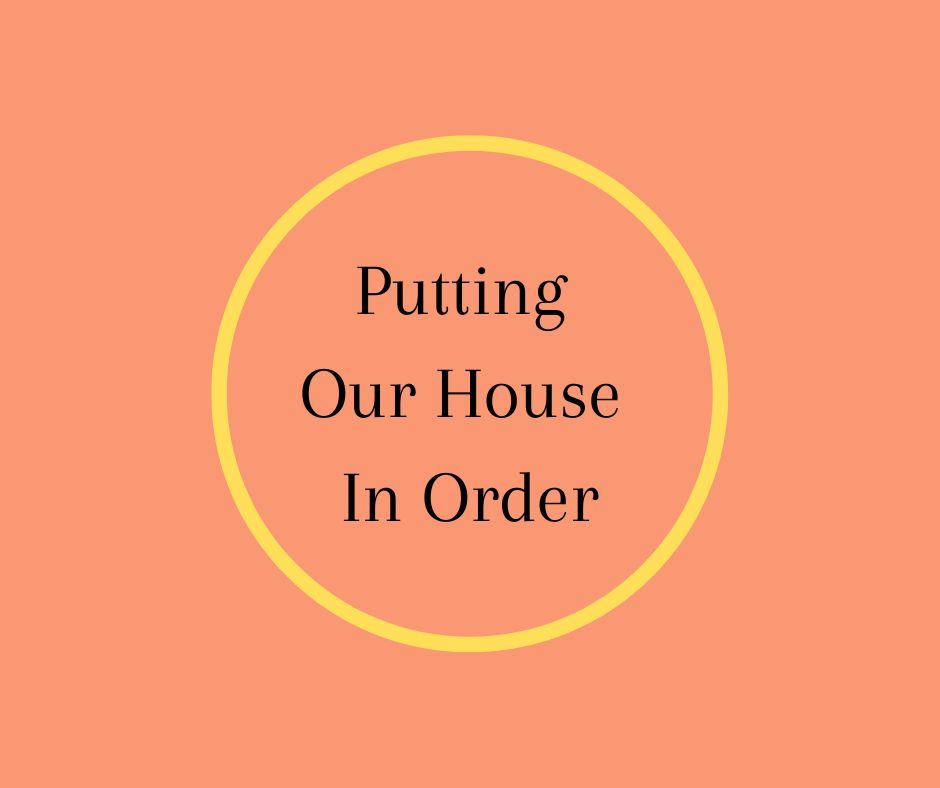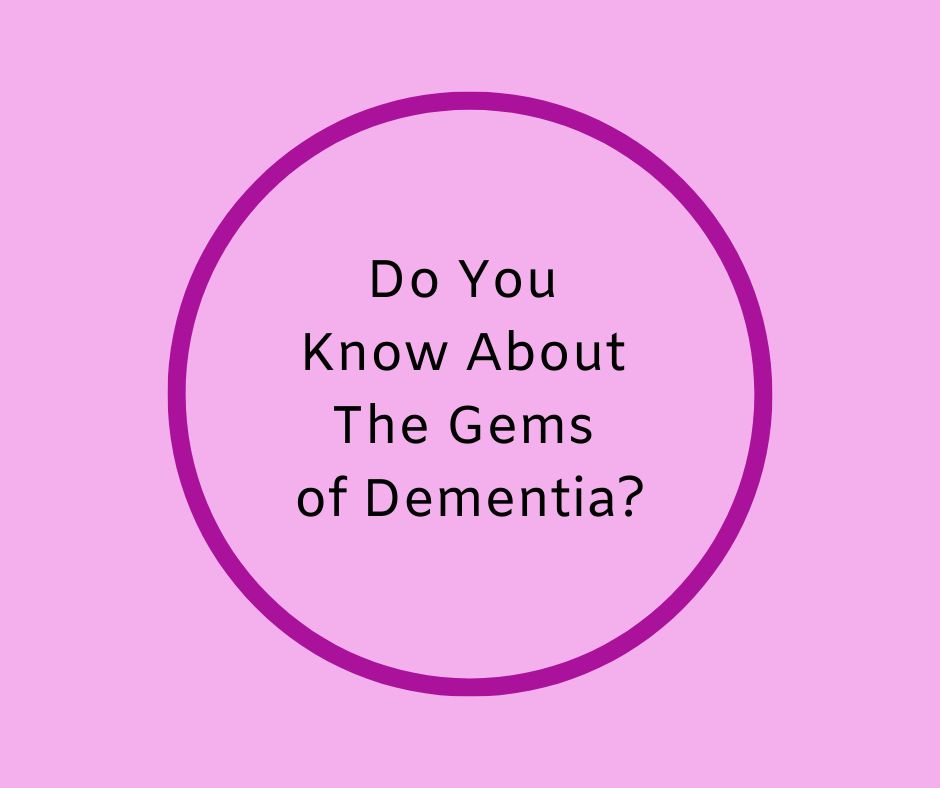Dear Barbara, Is the process of dying different for the elderly? Is it different for children?
There is no difference for a young person dying from disease, a medium aged or an older person. People dying from disease, whether old or young or in-between, go through the same process.
An older person with no disease actually goes through the same dying process as someone with a disease, only it takes the healthy, older person longer--years instead of months, months instead of weeks. When it comes down to days, hours, and minutes, we all die in the same time frame, no matter age.
There are factors that affect how we die, not really related to age—but kind of. We die the way we have lived and according to our personality. A more mature, older person has a more developed personality than a child. An older person has stronger fears, stronger beliefs, stronger opinions. A child is just getting started in living and hasn’t accumulated as many of the fears and dangers that life has presented someone who is older. A child (depending on age) tends to take approaching death more in stride, more matter of factly.
As for the “signs of what is to come” for someone who is young and dying, those signs are also the same for everyone, young and old. People dying from disease or old age, even animals, go through the same process and experience the same challenges. Some people and animals will show all the signs of approaching death, some will show none, but most people and animals will be affected in the following three areas: eating will decrease over a period of several months, sleeping will increase over those same months, and they withdraw from outside interests and become focused inward.
A gradual death (from disease or old age), versus a fast death (caused by a heart attack, accident, or suicide), has a normal, natural process to it. It also presents us with the gift of time to do and say those things that are important to us.
No matter our age, when we are presented with an unfixable health condition and the idea that we are going to live forever is taken away, more than ever we need to concentrate on living.
Our gift is in the knowledge that the present is where truth lies, only the present is real (the past is a memory, the future an idea). We need to live in the present, to make each day worth trading for a day of our life. Isn't that how everybody, healthy or unhealthy, needs to be living?
Something More... about Is Dying Different For Older People?
If you are caring for a person who is approaching death, you know how heavy the weight of caregiving is. My guide, By Your Side, A Guide for Caring for the Dying at Home is for you. This specific knowledge and guidance won’t take away the sadness you carry, but it will give you the confidence to know that you are providing the best care possible.
The journey of caring for your special person can be challenging and exhausting. My hope is that with this guidebook and the support of others (family, community, and professionals) this experience will be a special time for you that will become a sacred memory. (To print additional copies of the Daily Care Plan in By Your Side Click Here!)







